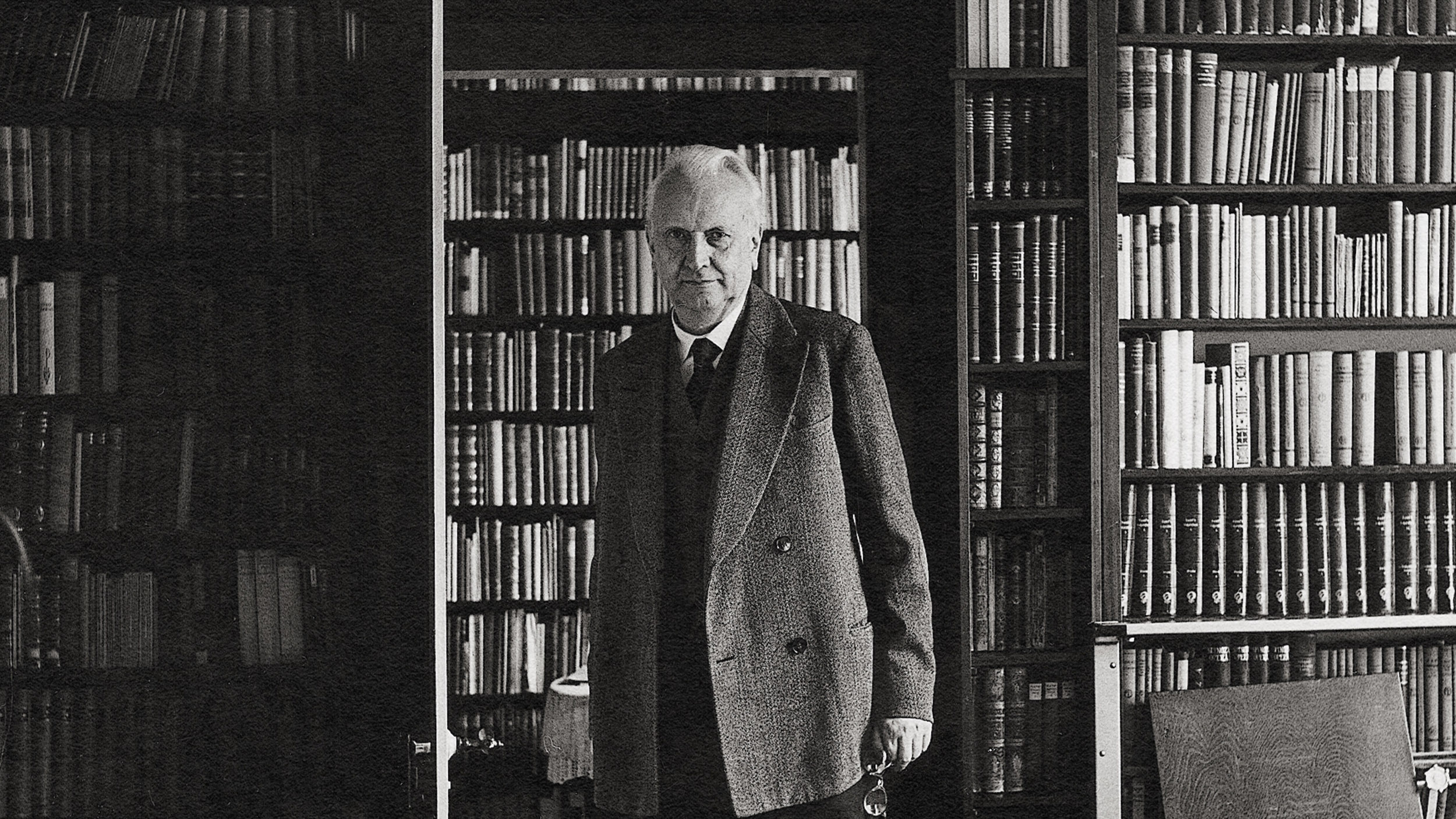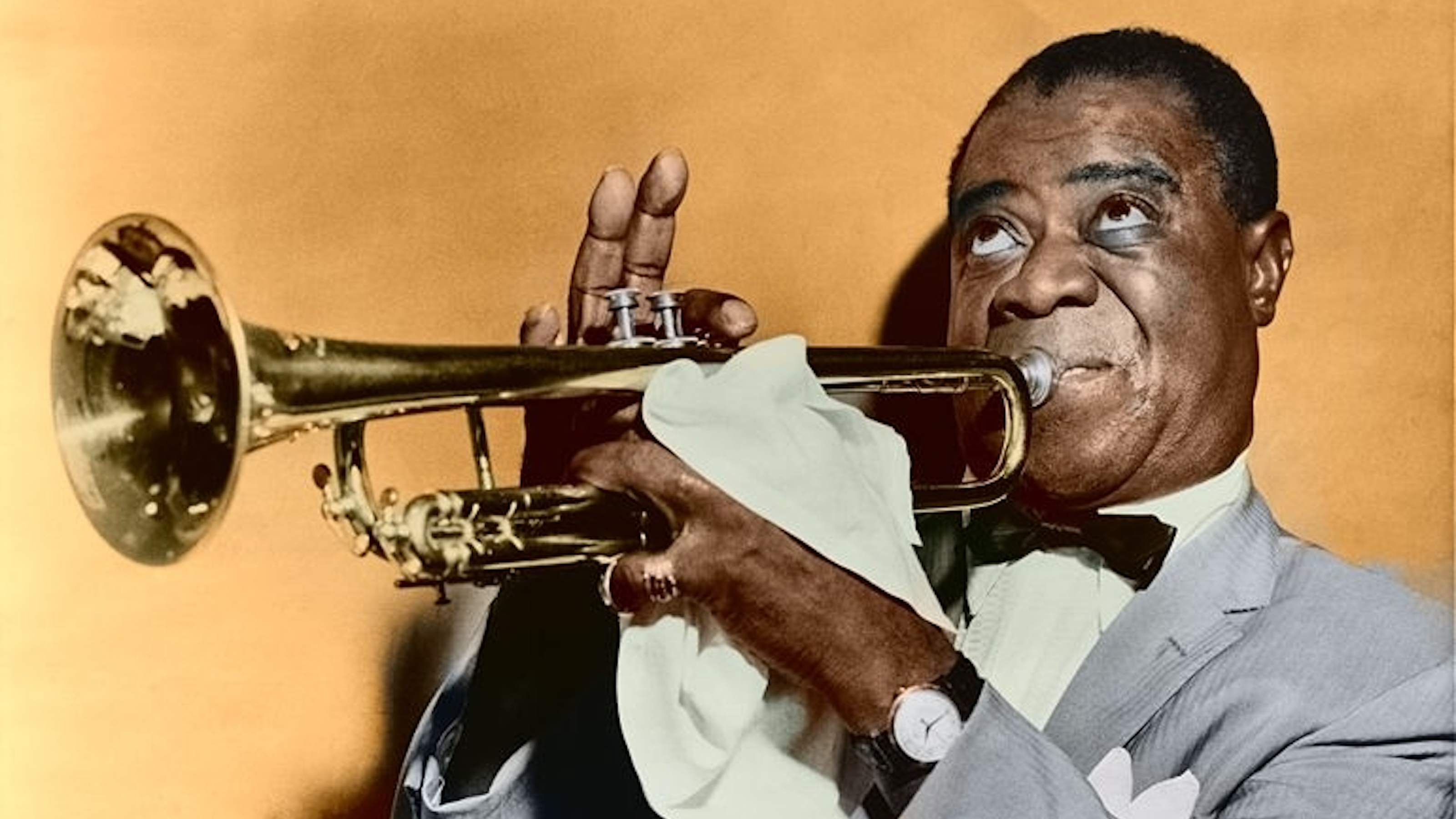Thurman talks about his friend and inspiration, the Dalai Lama.
Question: Is the Dalai Lama one of your greatest inspirations?
Robert Thurman: Yeah, nowadays. Earlier he was a great friend, but he is too close a little bit to my age at an earlier time, so I don’t count him as one of my originating gurus so to speak, you know, his own teacher, and he doesn’t either, he recommended me to his teacher, who was my main teacher, he’s only six years older than me, but then, since the eighties, he’s become quite marvelous in his own right, and, since his teacher’s passed away and my teacher passed away, and slowly but surely he’s grown into what I consider a great inspiration yes, and really a wonderful, wonderful man. Question: Why do you think the Dalai Lama’s teachings have not been universally received?Robert Thurman: Well it’s tremendously popular. It isn’t that he’s un-received, he has a lot of bestsellers in Europe and here and Australia, and even in India, but, but it’s just that, you know, he’s kind of ahead of his time, or something like that, you know, like talks like he announces at the European Parliament five ten years ago that war is obsolete, and that people should give them up, and there should always be only dialogue, even in seemingly hopeless situations, and through dialogue everything can be worked out, he’s been saying that. And, they go, they nod, sagely, and everybody talks about how they’re going to make peace here and there and then nobody’s making peace, and nobody, and then people say, “Oh, he’s just idealistic, and well look the Chinese are not talking with him and so on, so, you know, as if he was, like, to take up guns, that wouldn’t do any good either, you know, like the Ghandis, they got rid of the Russians and they’ve been killing each other ever since. The, you know the guns are not working for anybody actually, nobody’s getting anywhere with guns, a few people are having short term gains, but in the long run they’re destroying themselves with violence, and so he is the person who leads a movement for liberation from oppression and invasion and colonialism, with nonviolence. And that should be paid attention to. Question: What role do you have in moving forward in this quest?Robert Thurman: Well I don’t have a very important role but, you know he’s really doing the job the best he can, but I try to help him be better heard really, basically I would say, and, somehow you know I guess I can be dismissed as just a hapless follower of him and – or as hopelessly idealistic, but I continue to make the argument, and, perhaps, when, when, when the people who are making profit, short term profit, out of war, and getting short term status and privilege and power out of war, when they realize that they are actually just destroying themselves and not making themselves happy thereby, then perhaps people will pay more attention. And, so then as soon as they pay attention and start to act, according to what they say they want, then we can easily solve all these problems on the world. The world doesn’t really have that many terrible problems if people would put their energy into solving them. I mean if you look at this country for example, we, I would, we were having a terrible time with our info structure, education system, health system, all these things, and we just threw away something like a trillion dollars on this stupid war that is complete loss and did not help anybody, and there had been complete moral outrage, in fact, slaughtering unnecessarily many many people, not only our own people but other people, and not helping at all, making the situation far worse, and none, no resources left over to go to or toward our real problems. If those trillion dollars had been on our real problems we’d be in a really good state right now in our society.
Recorded on: 6/1/07






